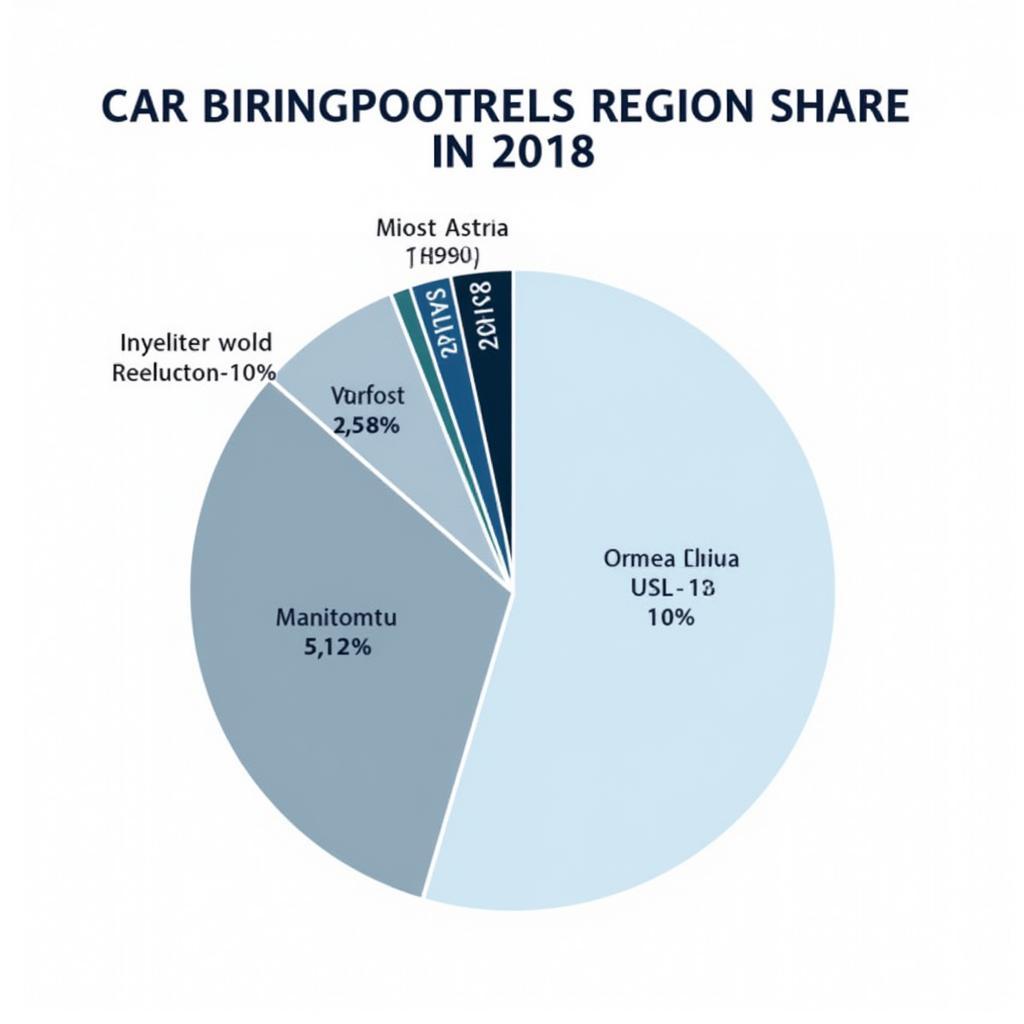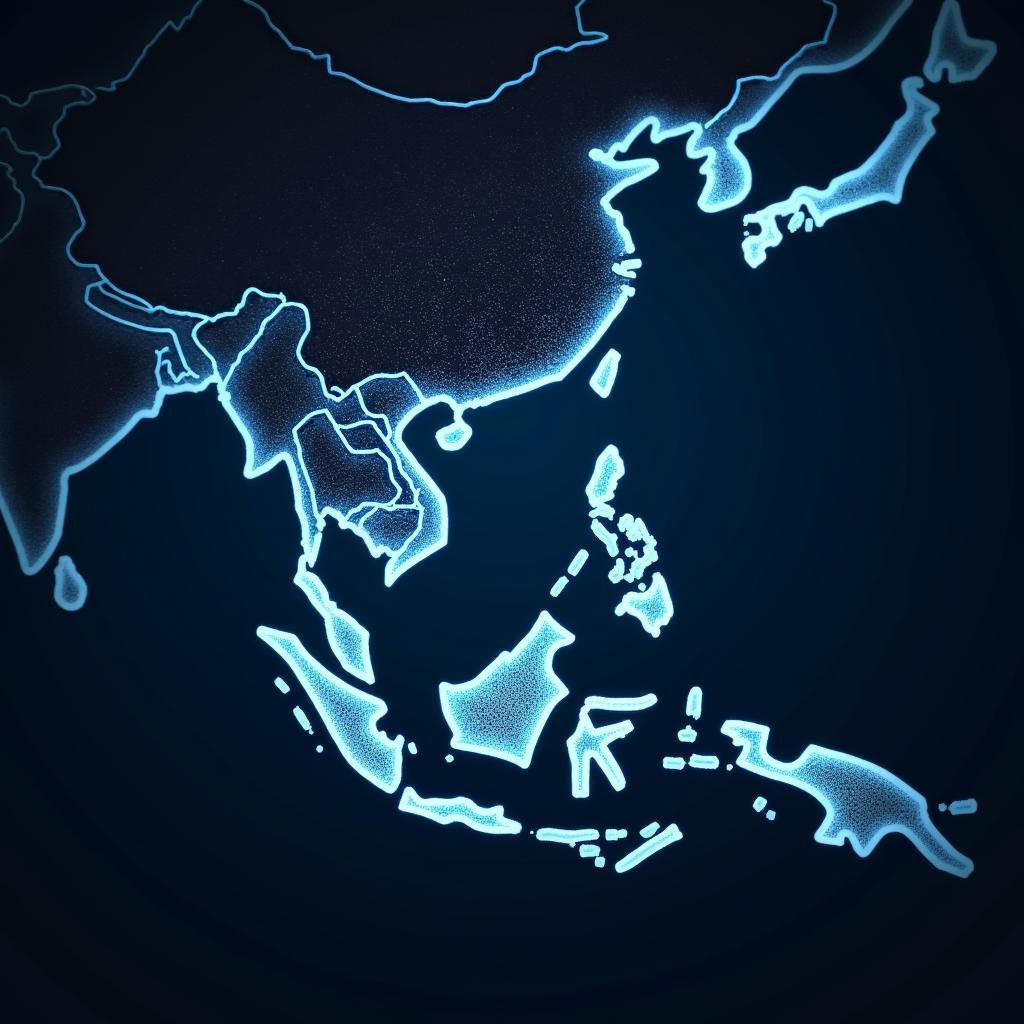ASEAN electrical engineering is a rapidly growing industry with a significant impact on the region’s economic development and technological advancement. The region’s diverse landscape and expanding infrastructure projects create a high demand for skilled electrical engineers, particularly in the fields of power generation, transmission, distribution, and renewable energy.
What is ASEAN Electrical Engineering?
ASEAN electrical engineering encompasses a wide range of disciplines, including:
- Power generation: Designing, constructing, and operating power plants using various technologies, including fossil fuels, nuclear power, and renewable energy sources.
- Power transmission: Designing and installing high-voltage transmission lines and substations to transport electricity over long distances.
- Power distribution: Designing and operating low-voltage distribution networks to deliver electricity to homes, businesses, and industries.
- Renewable energy: Developing and implementing renewable energy solutions, such as solar, wind, and hydro power.
- Electrical infrastructure: Designing and constructing electrical systems for buildings, industrial facilities, and transportation systems.
- Control and automation: Developing and implementing control systems and automation technologies to improve efficiency and reliability of electrical systems.
The Importance of Electrical Engineering in ASEAN
ASEAN electrical engineering plays a vital role in supporting the region’s economic growth and development. The industry contributes to:
- Increased energy access: Providing reliable and affordable electricity to a growing population.
- Improved infrastructure: Supporting the development of modern and efficient infrastructure, including transportation systems, telecommunications networks, and industrial facilities.
- Economic diversification: Creating new industries and job opportunities in the electrical engineering sector.
- Sustainable development: Promoting the use of renewable energy sources to reduce carbon emissions and mitigate climate change.
The Future of ASEAN Electrical Engineering
The ASEAN electrical engineering industry is poised for significant growth in the coming years. Key trends driving this growth include:
- Increased investment in infrastructure: Governments across the region are investing heavily in infrastructure projects to support economic growth and development.
- Growing demand for electricity: The region’s rapidly growing population and industrialization are creating a rising demand for electricity.
- Adoption of renewable energy: ASEAN countries are increasingly adopting renewable energy sources to achieve their climate change targets.
- Technological advancements: New technologies, such as smart grids, energy storage, and advanced automation systems, are transforming the electrical engineering industry.
Challenges Faced by ASEAN Electrical Engineering
Despite the promising future, the ASEAN electrical engineering industry faces a number of challenges, including:
- Skill shortages: The region faces a shortage of skilled electrical engineers, particularly in specialized fields like power electronics and renewable energy.
- Regulatory barriers: Complex and inconsistent regulations across different countries can hinder the development and deployment of new technologies.
- Competition: The industry is facing competition from other regions, particularly from China and India, which are investing heavily in electrical engineering capabilities.
Addressing the Challenges
To address these challenges, the ASEAN electrical engineering industry needs to:
- Invest in education and training: Governments and private companies need to invest in education and training programs to develop a skilled workforce.
- Promote collaboration: Fostering collaboration between industry, academia, and governments is crucial to address common challenges and accelerate innovation.
- Harmonize regulations: Harmonizing regulations across ASEAN countries would create a more conducive environment for investment and technological development.
Conclusion
ASEAN electrical engineering is a vital sector driving the region’s economic development and technological progress. The industry faces challenges, but with a focus on skill development, collaboration, and regulatory reform, it has the potential to play an even greater role in shaping the future of ASEAN.
FAQ
Q1: What are the major electrical engineering projects underway in ASEAN?
A1: There are numerous large-scale projects, such as the construction of new power plants, transmission lines, and renewable energy installations.
Q2: What are the key challenges faced by ASEAN electrical engineers?
A2: The industry faces challenges like skill shortages, regulatory barriers, and competition from other regions.
Q3: How can ASEAN electrical engineering contribute to sustainable development?
A3: By promoting the adoption of renewable energy technologies, the industry can reduce carbon emissions and contribute to climate change mitigation.
Q4: What are some of the emerging trends in ASEAN electrical engineering?
A4: Trends include the adoption of smart grids, energy storage, and advanced automation systems.
Q5: How can individuals contribute to the growth of the ASEAN electrical engineering sector?
A5: By pursuing careers in electrical engineering, participating in industry events, and advocating for policy changes to support the sector.
Q6: What are some of the best universities in ASEAN for electrical engineering?
A6: Some renowned institutions include the National University of Singapore, the University of Malaya, and the Asian Institute of Technology.
Q7: What are some of the leading electrical engineering companies in ASEAN?
A7: Key players include ABB, Siemens, Schneider Electric, and Mitsubishi Electric.
Q8: What are some interesting facts about ASEAN electrical engineering?
A8: ASEAN is home to some of the world’s largest hydroelectric power plants, including the Bakun Hydroelectric Dam in Malaysia and the Xayaburi Hydroelectric Dam in Laos.
Q9: What are some of the latest innovations in ASEAN electrical engineering?
A9: Recent innovations include the development of microgrids, advanced energy storage systems, and smart grid technologies.
Q10: Where can I find more information about ASEAN electrical engineering?
A10: You can visit websites of industry associations, such as the ASEAN Federation of Engineering Organizations (AFEO), and government agencies, such as the ASEAN Secretariat.
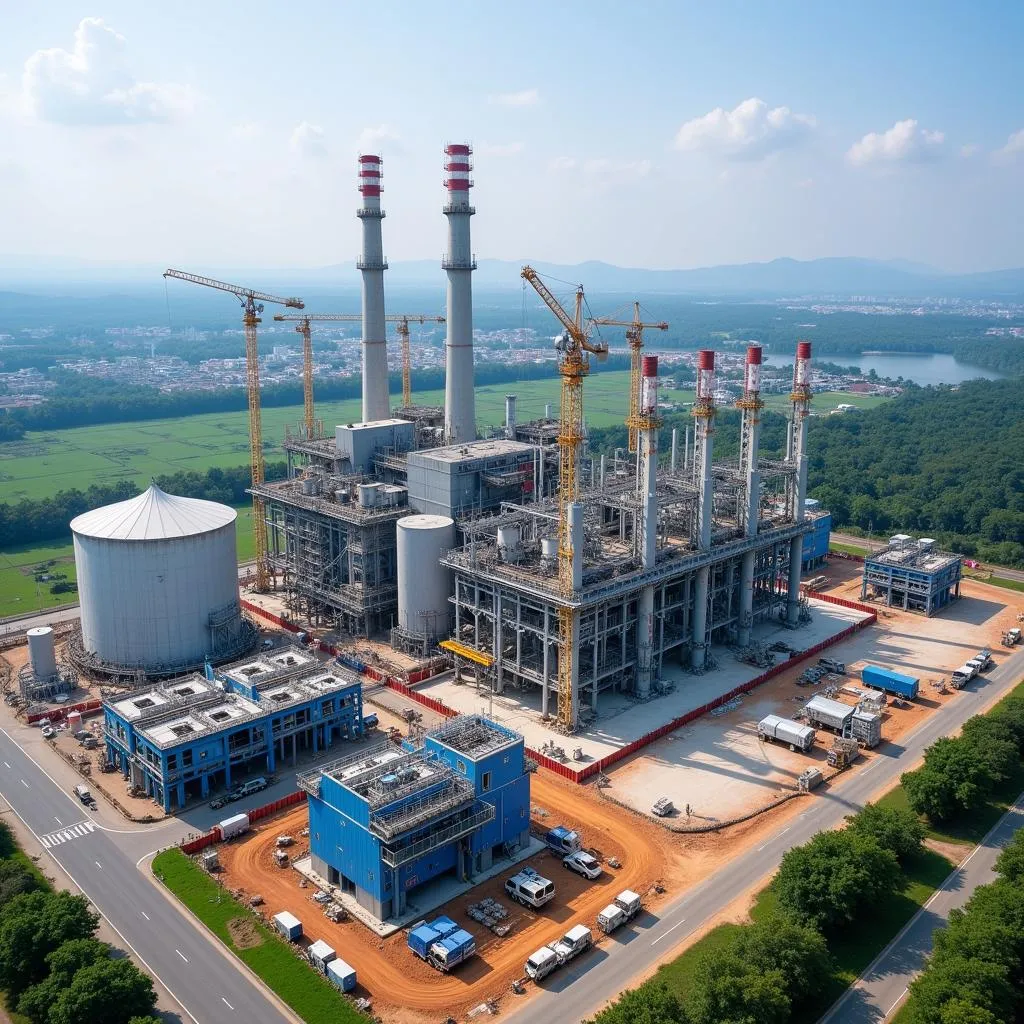 ASEAN Electrical Engineering Projects
ASEAN Electrical Engineering Projects
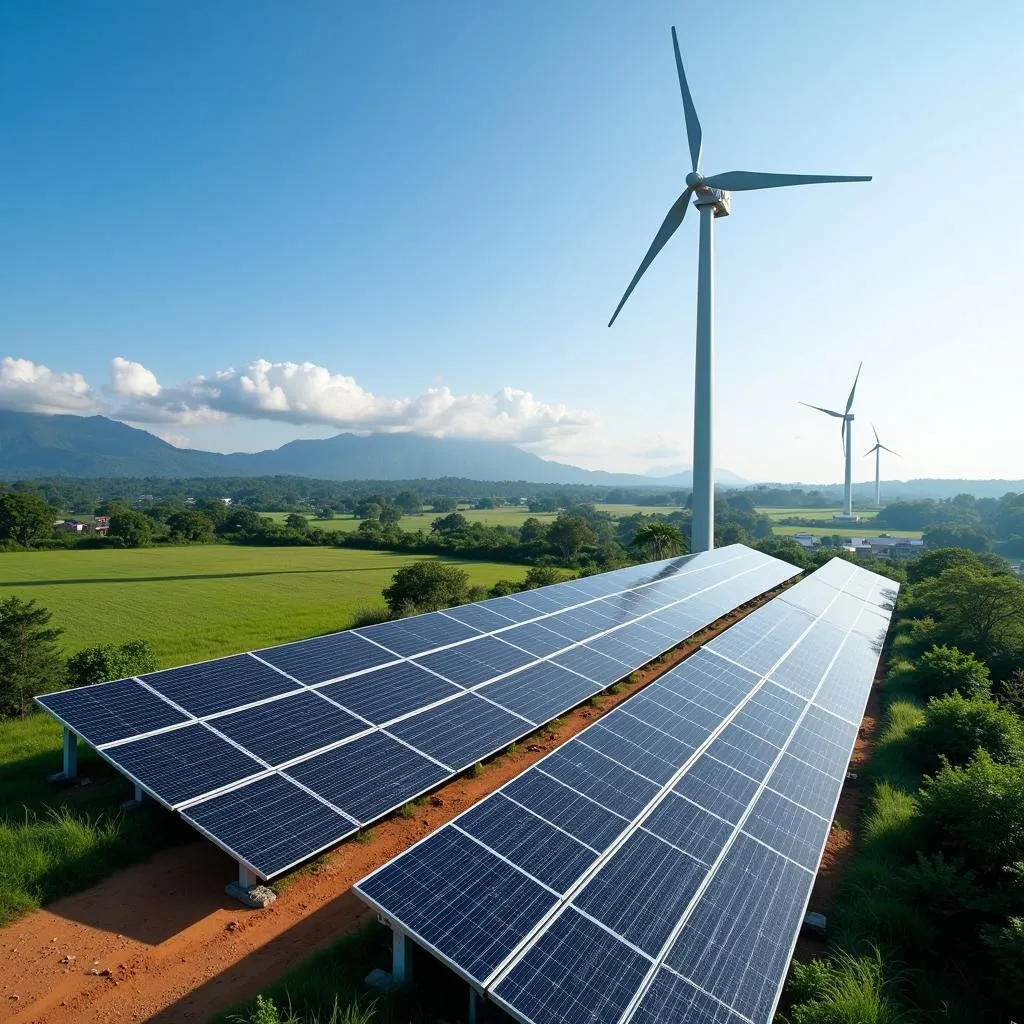 ASEAN Renewable Energy Development
ASEAN Renewable Energy Development
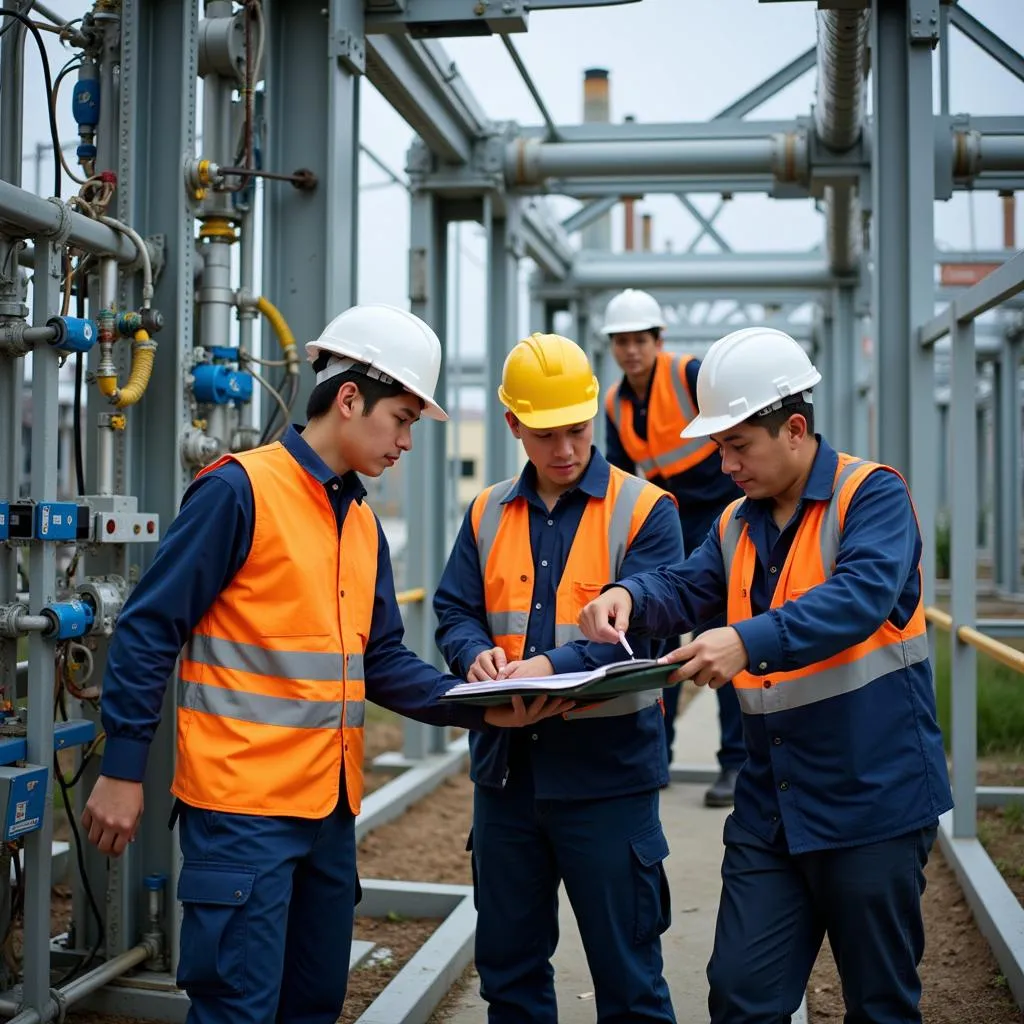 ASEAN Electrical Engineers
ASEAN Electrical Engineers
For any further assistance or inquiries, please contact us at:
Phone Number: 0369020373
Email: aseanmediadirectory@gmail.com
Address: Thôn Ngọc Liễn, Hiệp Hòa, Bắc Giang, Việt Nam
We have a 24/7 customer support team ready to assist you with any questions or concerns.

